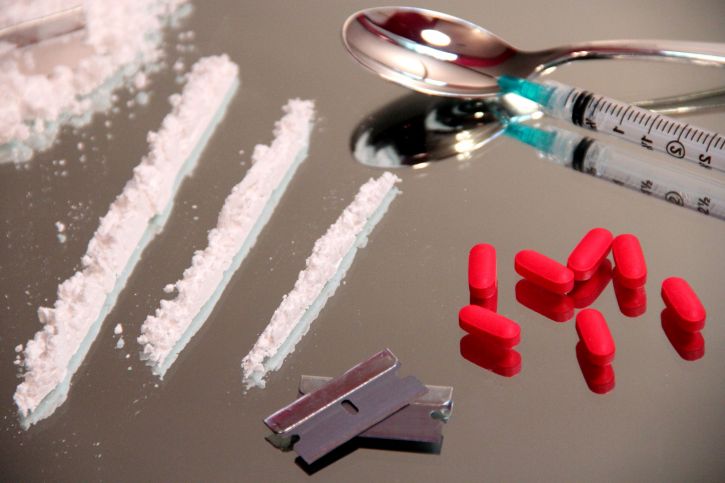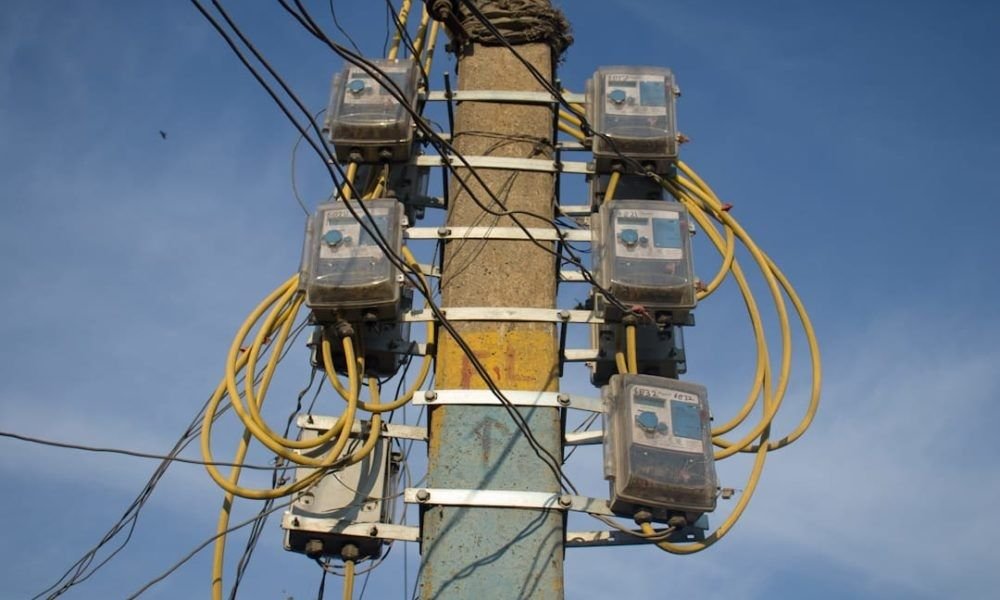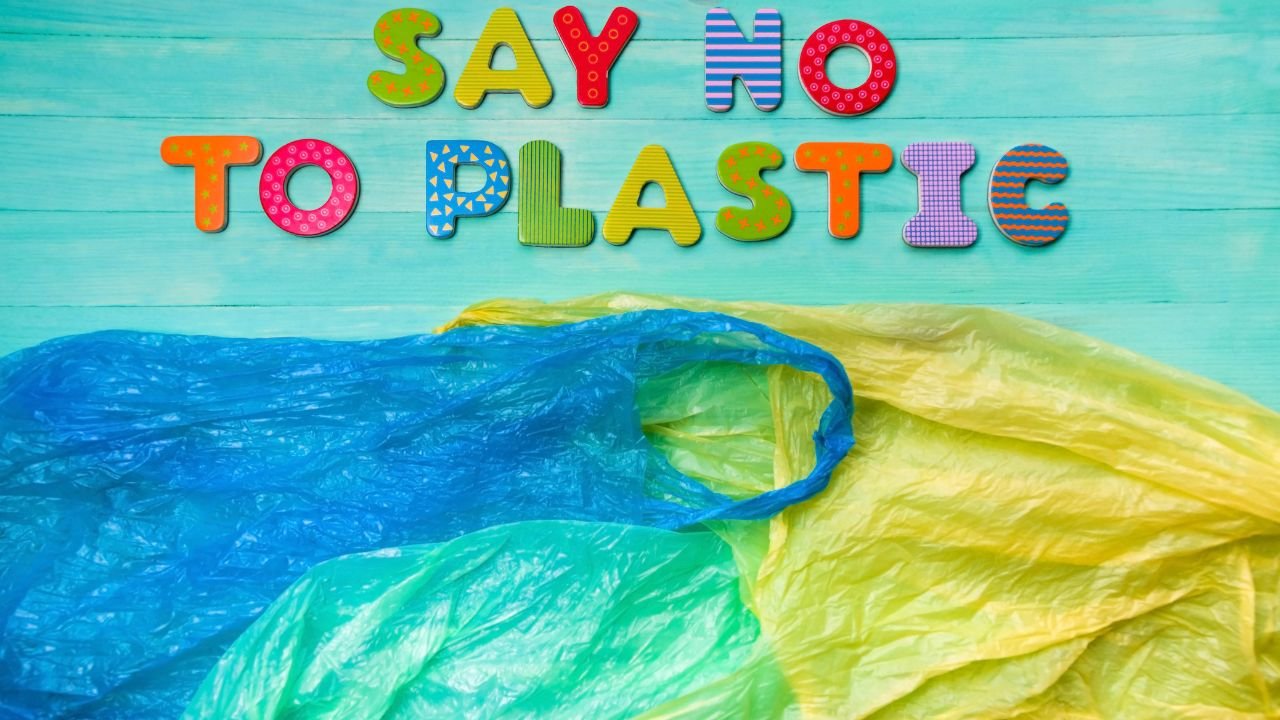The fight against drug and alcohol addiction in Jammu and Kashmir has gained momentum over the past five years, as more individuals seek treatment at de-addiction centres. However, experts emphasize the need for greater awareness and counseling initiatives to ensure that more addicts receive the necessary support and rehabilitation.
According to official data, Jammu and Kashmir currently have one Integrated Rehabilitation Centre for Addicts (IRCA), three Outreach and Drop-In Centres (ODIC), two Community-Based Peer-Led Intervention (CPLI) programs, six District De-Addiction Centres (DDACs), one State-Level Coordinating Agency (SLCA), and 21 Addiction Treatment Facilities. These centres operate under the guidance of the Department of Social Justice and Empowerment of the Union Ministry of Social Justice and Empowerment.
Significant Growth in the Number of Treated Addicts
The data highlights a substantial increase in the number of individuals benefiting from these centres. In 2019-20, only 247 individuals sought treatment, but this number surged to 1,509 in 2020-21. The trend continued with 5,372 addicts receiving care in 2021-22, 17,018 in 2022-23, and a record-high 35,639 individuals in 2023-24.
While this progress is commendable, authorities caution against complacency. The drug menace remains a deeply rooted issue, particularly affecting the youth. Experts stress the urgent need to expand counseling services for families of addicts, as family support plays a crucial role in encouraging addicts to seek professional help.
Read also: JKP Solve Extortion Case in Jammu’s Sarwal, Recover ₹20 Lakh
Government Initiatives to Combat Drug Abuse
The Union Ministry of Social Justice and Empowerment has launched Navchetna, a training module aimed at educating school children about the dangers of drug use and promoting essential life skills. Experts suggest that the Jammu and Kashmir government should integrate this initiative into school curriculums to maximize its impact.
Additionally, law enforcement agencies must intensify their crackdown on drug suppliers, while rehabilitation and awareness programs should be scaled up to address the crisis more effectively.
Understanding the Role of De-Addiction Centres
Integrated Rehabilitation Centre for Addicts (IRCA)
IRCA provides a holistic approach to substance abuse rehabilitation. These centres offer preventive education, awareness campaigns, and comprehensive treatment plans to help addicts reintegrate into society.
Outreach and Drop-In Centre (ODIC)
ODICs serve as community-based facilities designed to assist substance users, particularly youth with limited access to healthcare. These centres focus on prevention, intervention, and connecting individuals to necessary treatment services.
Community-Based Peer-Led Intervention (CPLI)
CPLI programs are vital in early-stage prevention and education. They employ trained peer educators to spread awareness, offer guidance, and link at-risk individuals with counseling and rehabilitation services.
District De-Addiction Centres (DDACs)
DDACs focus on early prevention, substance abuse education, demand reduction, and rehabilitation. These centres play a key role in identifying and treating individuals suffering from addiction.
Addiction Treatment Facilities
Beyond providing de-addiction and rehabilitation services, Addiction Treatment Facilities conduct research and training for medical professionals to enhance treatment methods and long-term recovery outcomes.
Read also: Jammu to Srinagar Flights – Latest Schedule & Booking Guide
The Path Forward: Strengthening Awareness and Support
Addressing drug and alcohol addiction requires a multi-faceted approach. While rehabilitation facilities have expanded their reach, further efforts are needed to:
- Enhance public awareness about drug abuse and available treatment options.
- Strengthen family counseling programs to encourage more addicts to seek help.
- Implement stricter measures against drug trafficking and supply chains.
- Integrate drug education into school curriculums to prevent substance abuse at an early age.
By combining stringent law enforcement, education, and accessible rehabilitation programs, Jammu and Kashmir can move closer to becoming a drug-free society. The rising number of addicts seeking treatment is a step in the right direction, but continued efforts are essential to eradicate substance abuse from the region.
















